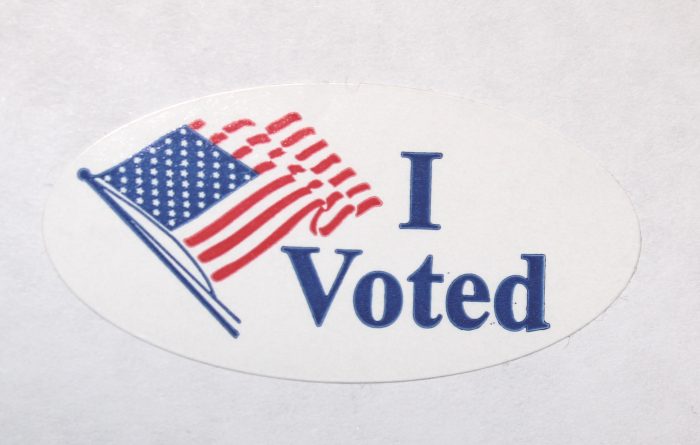
By: Jack Bilyeu
FAYETTEVILLE, Ark.- This November, Arkansans can vote on three ballot issues in the general election. These issues cover a wide range of topics, from taxation and construction to term limits for elected officials.
Ballot issue one deals with the continuation of a .5% sales tax. This tax went into effect in 2013 and covered $1.3 billion in highway construction. The tax was supposed to expire after ten years but is now being considered for renewal.
That temporary tax was outlined in the 91st amendment to the Arkansas Constitution. This new issue would make the tax permanent. Revenue would continue to go toward highway and road construction. The issue was sponsored by Republican Representative Jeff Wardlaw.
Ballot issue two, or the State Legislative Terms Amendment, would place term limits on state legislators. Currently, there is no limit on the amount of terms a legislator can serve.
Under the amendment, legislators would only be able to serve 12 years at a time. After that, they would be required not to hold elected office for four years, after which they could run to serve again. The issue was sponsored by Republicans Senator Alan Clark and Representative Jim Dotson.
Ballot issue three covers a wide range of subjects. It is meant to increase the requirements for petitions from voters, increase the requirements for constitutional amendments, and remove the requirement that amendments affecting legislators’ salaries be published in newspapers for six months before being voted on. University of Arkansas student David Weir calls these changes unnecessary.
“It seems like the state government doesn’t like dealing with petitions and wants to make it harder for them to be noticed or considered by officials,” Weir said. Some of the changes include moving the deadline for signatures on a petition forward to January instead of July and increasing the required amount of counties signatures must come from.
Previously, signatures had to come from at least 15 counties. This issue would see that number increase to 45. It would also see the number of votes required for a constitutional amendment to pass the House change from a simple majority to 60%.

